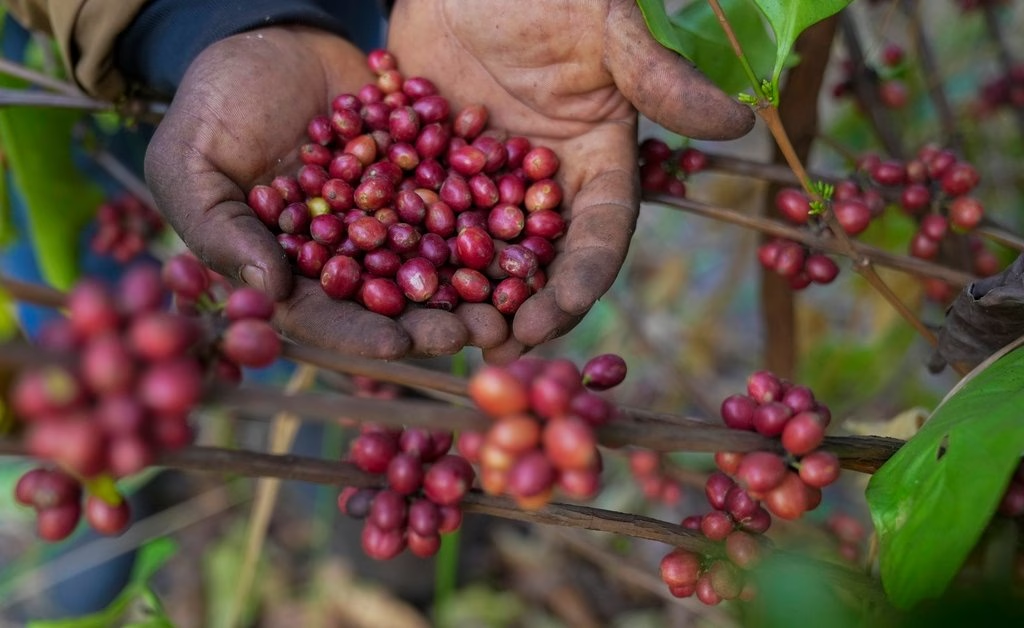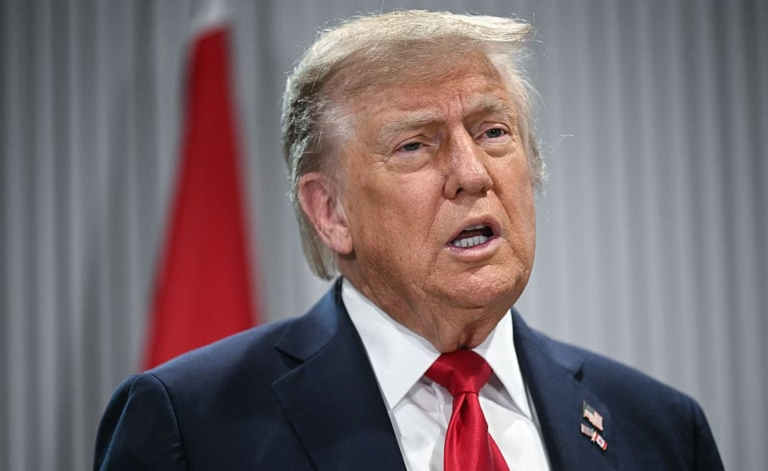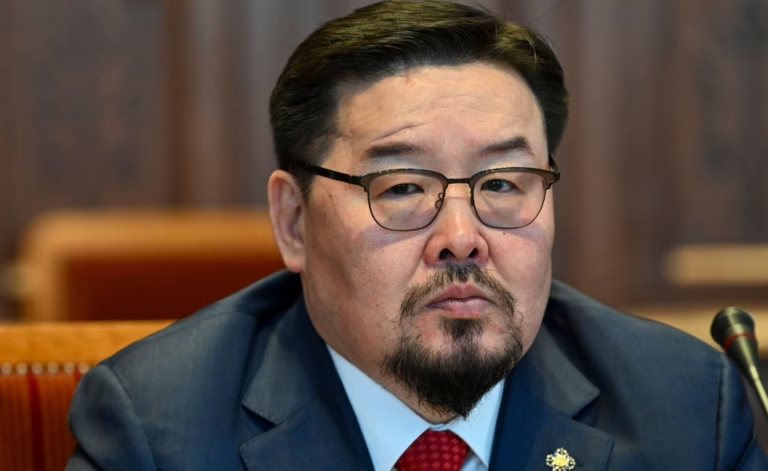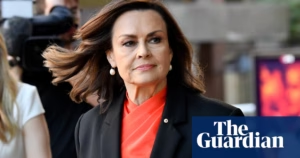In Nzara County, South Sudan, Catherine Bashiama anxiously searches the coffee tree she has raised since planting it three years ago, hoping to find its first fruit buds. Bashiama, a mother of 12, is the first farmer in her village to grow coffee and believes a rare, climate-resistant species can help her family escape poverty. She wants to send her children to school so they can become the future generation.
Discovered over a century ago in South Sudan, excelsa coffee is gaining attention from cash-strapped locals and the international community amid a global coffee crisis caused by climate change. Leading coffee-producing countries struggle to grow crops in drier, less reliable weather, resulting in soaring prices. Experts estimate that this year’s harvest could be down by 12% in drought-stricken Brazil, the world’s top coffee grower.
Excelsa coffee expert Aaron Davis, head of coffee research at the Royal Botanic Gardens in London, says that excelsa could play a key role in adapting. Native to South Sudan and a few other African countries, excelsa thrives in extreme conditions such as drought and heat where other coffees cannot. However, it comprises less than 1% of the global market. Excelsa’s taste is sweet, with notes of chocolate, dark fruits, and hazelnut, and less bitter than other coffee species.
South Sudan has never been known as a coffee-producing nation like neighboring Ethiopia or Uganda. Its British colonizers grew coffee, but conflict disrupted farming. The young generation is unfamiliar with coffee farming, including the unique excelsa species. The company Equatoria Teak has been conducting trials with excelsa and providing training to farmers, including Bashiama. They hope to export the first batch of coffee within this year, and the industry could inject $2 million into the economy by 2027.
However, South Sudan’s instability, lack of infrastructure, and insecurity make it challenging to
Source: https://time.com/7263749/excelsa-bean-coffee-crisis/








